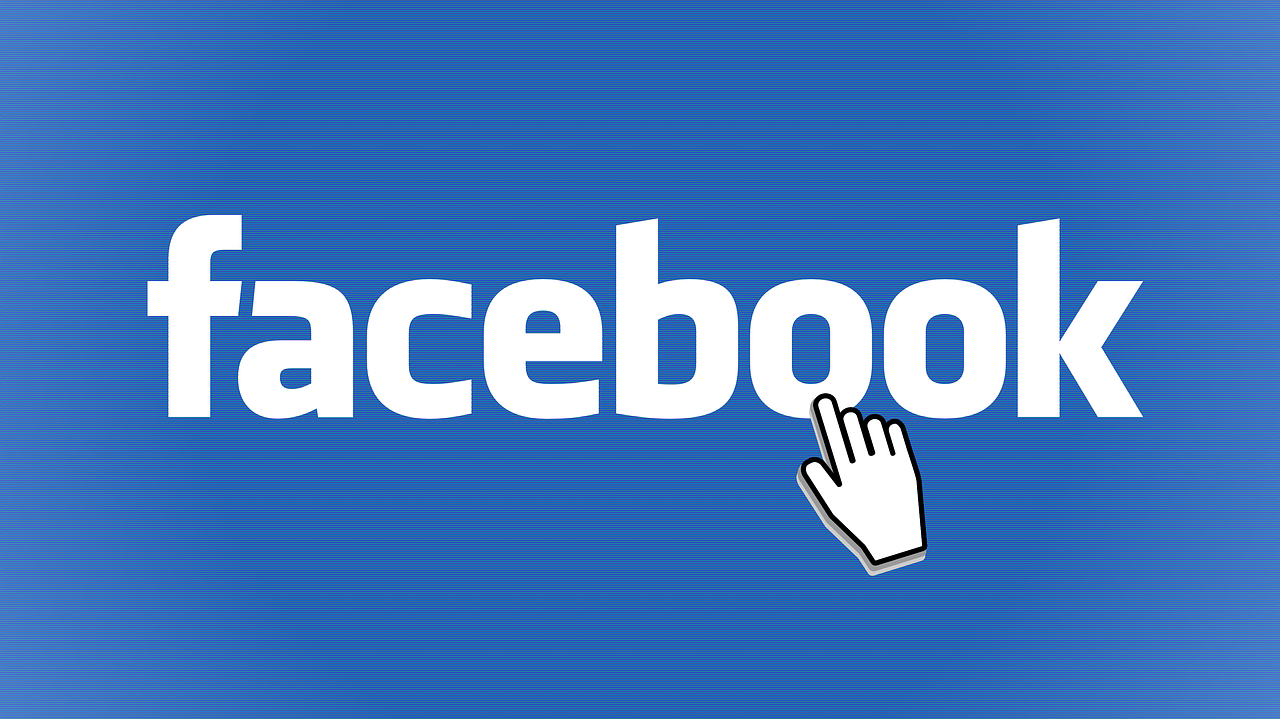Facebook's Impact on the Young Audience

Facebook
has a significant influence on the youth audience and is widely used among
young people. This is related to the features offered by the platform and the
user experience being attractive to young people. However, the increase in the
use of Facebook by young people has also brought about a problem called
Facebook addiction. Facebook increases social interaction and connection among
young people. It facilitates communication between friends, provides the
opportunity to view and participate in events and shares. This can help young
people connect strongly with their social circle and get to know others better.
Facebook allows young people to follow news and current events. Through the
news feed, pages and groups, young people have the chance to learn about events
and topics around the world. Facebook enables young people to express their
feelings, thoughts and creativity digitally. Features such as photo and video
sharing, stories and status updates help young people express themselves and
create a digital identity.
Facebook Addiction
Facebook
addiction is the constant use of the platform and it turns into an
uncontrollable need. Teens may have a hard time controlling the time they spend
on Facebook and may feel the urge to constantly return to the platform. Users
need to constantly check the Facebook news feed and will continue to browse the
platform for a long time. Likes and comments can be an indicator of social
approval for teens and therefore they constantly pay attention to the posts and
try to get a reaction. Excessive Facebook use can affect their sleep patterns.
and can negatively affect learning processes. Excessive Facebook addiction can
reduce real-world social interactions and increase feelings of loneliness.
Facebook addiction is a worrying issue among young people and is an important
issue for parents, educators, and other members of society to raise awareness
and balance among children and young people in their use of digital media.